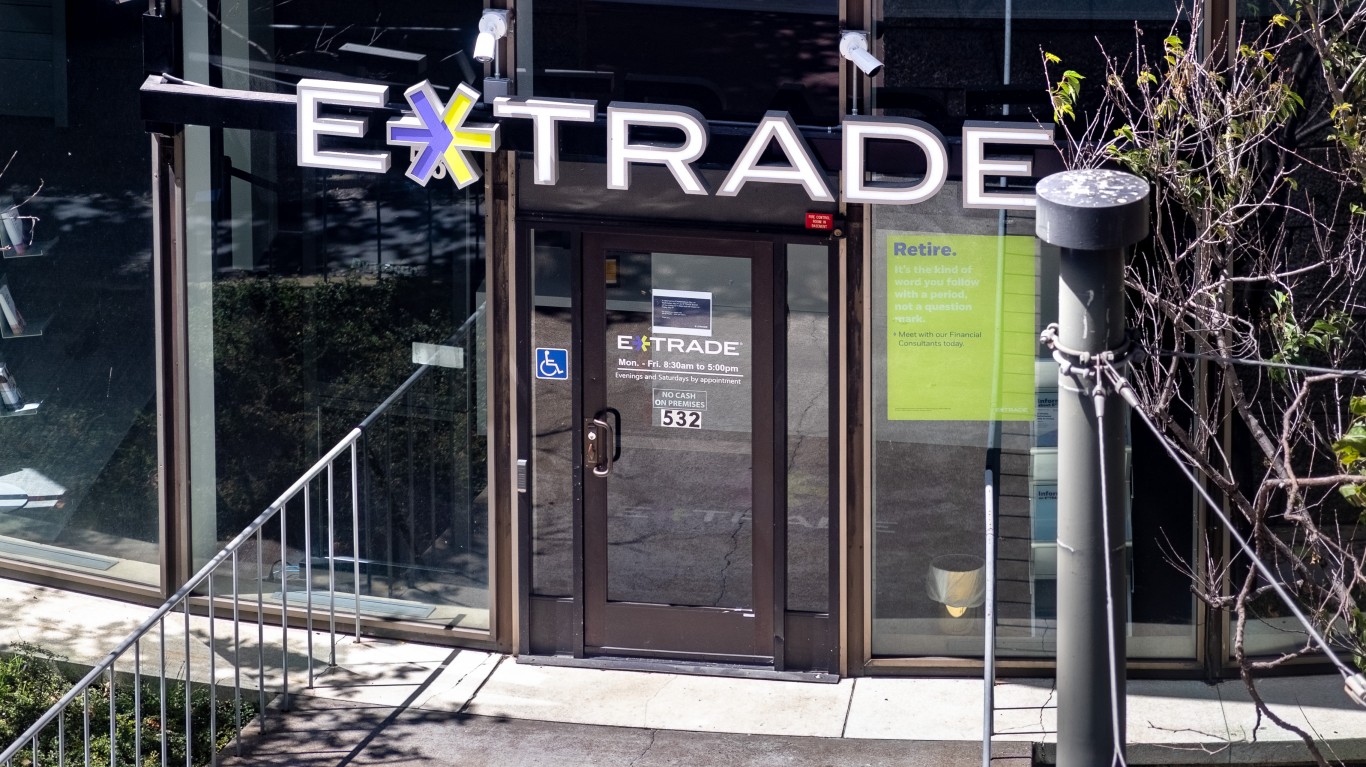 In its Monthly Bulletin published today, the European Central Bank (ECB) goes about explaining why its decision to begin buying eurozone sovereign debt in the secondary market was the right decision. The program it came up with, called Outright Monetary Transactions (OMT), addresses two main goals:
In its Monthly Bulletin published today, the European Central Bank (ECB) goes about explaining why its decision to begin buying eurozone sovereign debt in the secondary market was the right decision. The program it came up with, called Outright Monetary Transactions (OMT), addresses two main goals:
It aims to preserve the singleness of the ECB’s monetary policy and to ensure the proper transmission of its monetary policy stance to the real economy throughout the area. OMTs will enable the ECB to address severe distortions in government bond markets which originate from, in particular, unfounded fears on the part of investors of the reversibility of the euro. Hence, under appropriate conditions, the ECB will have a fully effective backstop to avoid destructive scenarios with potentially severe challenges for price stability in the euro area.
The ECB wants to cut the bond rate spread between German and, say, Spanish or Italian or Greek sovereign debt in order to defuse worries that the eurozone might break up. That’s its first goal.
The second goal is to get the ECB’s cheap money into the hands of companies and people who can put the money to good use. The current high borrowing costs in the eurozone’s peripheral countries prevent that.
The ECB is not expecting to get much help from the rest of the world either:
Economic indicators point to continued weak economic activity in the remainder of 2012, in an environment of heightened uncertainty. Looking beyond the short term, the [ECB] expects the euro area economy to recover only very gradually. The growth momentum is expected to remain dampened by the necessary process of balance sheet adjustment in the financial and non-financial sectors, the existence of high unemployment and an uneven global recovery.
The September Monthly Bulletin is available here.
Paul Ausick
Essential Tips for Investing: Sponsored
A financial advisor can help you understand the advantages and disadvantages of investment properties. Finding a qualified financial advisor doesn’t have to be hard. SmartAsset’s free tool matches you with up to three financial advisors who serve your area, and you can interview your advisor matches at no cost to decide which one is right for you. If you’re ready to find an advisor who can help you achieve your financial goals, get started now.
Investing in real estate can diversify your portfolio. But expanding your horizons may add additional costs. If you’re an investor looking to minimize expenses, consider checking out online brokerages. They often offer low investment fees, helping you maximize your profit.
Thank you for reading! Have some feedback for us?
Contact the 24/7 Wall St. editorial team.



